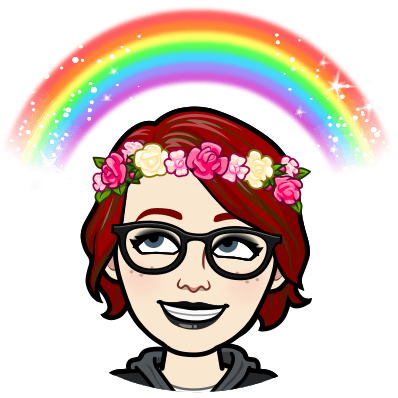|
Getting help can be really difficult. It's a daunting experience and a difficult time when you feel like there is something wrong with you, but different doesn't mean wrong and there are people to help someone. But getting help is often necessary - everyone needs a little help now and then. It is nothing to be ashamed of.
I first got help for my mental health when I was self-harming. I first reached out to Childline before reaching out to my school counsellor, my mum and my GP. From then on, I was much more open to asking for help when I needed it. Sure, it was still scary but I learnt how to recognise my need for help and how to go about getting it. There are lots of different paths to go down for getting help and lots of different types of help. GP A GP, if you don't already know, is a doctor. It stands for ‘general practitioner’ and they can diagnose you and prescribe medication from you if they feel it's necessary. They can also refer you to professional therapy or counselling. I went to my GP for my self-harm, my anxiety and my PTSD. He prescribed me medication for my anxiety and referred me to CAHMS, an adolescent mental health service. In order to get help from a doctor, you need to make an appointment either via the phone or online if you can. Counselling/therapy There are many different types of therapy. There is CBT (cognitive behavioural therapy) which creates a step by step process of how to help you and then there is talking therapy where you just talk about how you're feeling. One mental health service I have used is CAMHS (Child and Adolescent Mental Health Service.) I didn't find it particularly helpful as it ended before I was feeling better and I had very little say in what happened in these sessions. The woman was nice enough but I didn't feel at all understood by them. I then had talking therapy with a local health service called Talkzone. That was much more helpful because I was listened to, understood and made to feel totally unashamed. In order to get help from a counsellor or therapist, you can be referred by a doctor or you can self refer. Online helplines As well as all the other in person services, you can get help online too. There are plenty of options for online help. There's Childline who you can talk to online or you can ring them at any time of the day 24/7, there's Kooth which is available until 10 pm and many more. Kooth was recommended to me by CAMHS but I recently found an even better online option called Turn2Me. It has a three-tier approach of offering self-help, help from support groups and professional support. I really recommend it. Most sites have a phone number online which you can access also. Friends and family Of course. Friends and family are always an option. Their job is to look after you and support you and help you when you're struggling. Just ask them - they will be more than happy to help you so make sure you reach out to them if you're struggling. Personally, I found friends and family most helpful. They have always been there for me. Help is really really important and is vital to recovery, or at least, coping. I would not be where I am today if it wasn't for all the support I have been given. I also found the online support really helpful as it was sometimes easier to talk to someone who I didn't personally know. Here are the ways to contact online forms of support which may help you as much as they helped me: Childline - www.childline.org.uk or 0800 1111 Kooth - www.kooth.com Turn2Me - www.turn2me.org Samaritans - www.samaritans.org or [email protected] or 116 123 NHS - www.nhs.uk Of course, our website is always open for you to read about our experiences and feel less alone. teenagerswithexperience.weebly.com Just remember: there is no shame in needing some help and there will be no judgement from anyone if you ask for it. Kenzie
0 Comments
Leave a Reply. |
|
|
Teenagers With Experience is an online organisation created to provide teenagers worldwide with an online platform to share their own experiences to be able to help, inform and educate others on a variety of different topics. We aim to provide a safe space to all young people. You can contact us via email, social media or our contact form.
|

